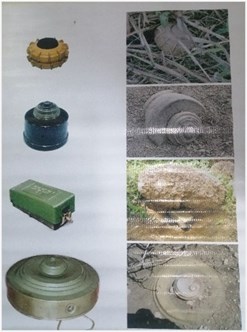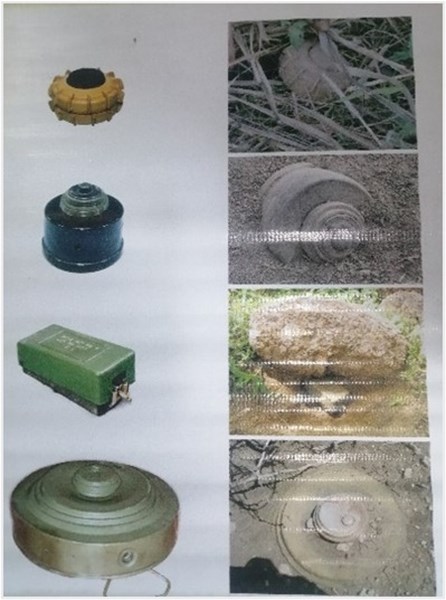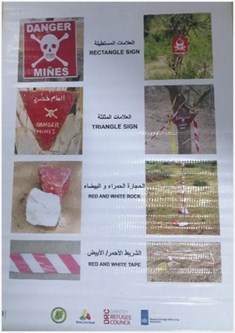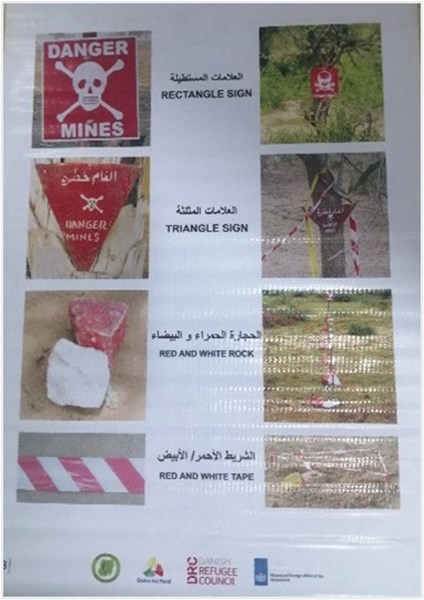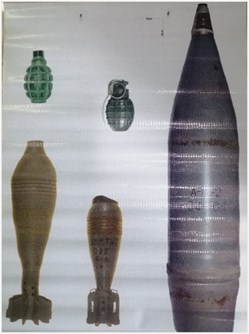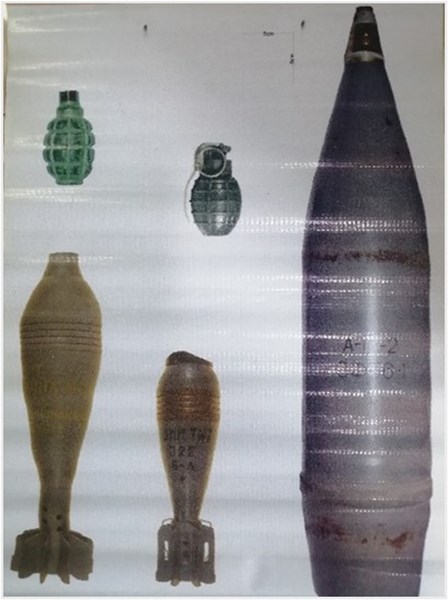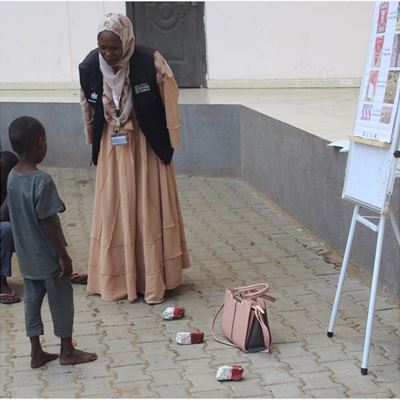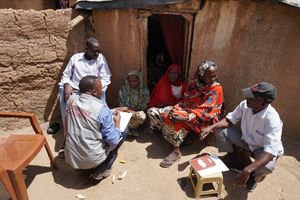News
Contending with an Insidious Threat: A Look Inside Mine Action Efforts in South Kordofan
Explore the vital work of mine action in South Kordofan with Rasha Alamin, a dedicated leader at Danish Refugee Council. Follow Rasha's journey as she confronts the dangers of unexploded ordnance in war-torn Sudan, striving to educate communities and prevent further tragedies. Join her quest for safety, resilience, and hope in the face of adversity.
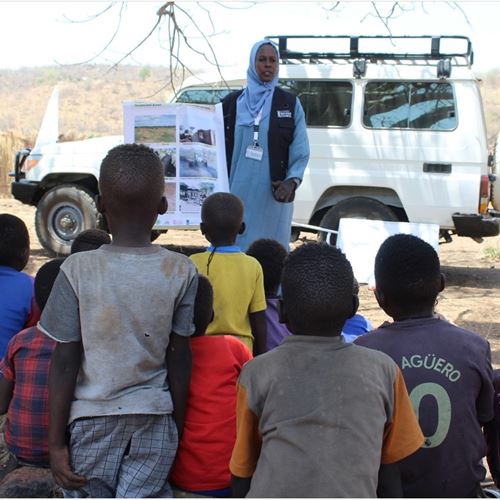
Rasha Alamin, an Explosive Ordnance Risk Education (EORE) Team Leader with Danish Refugee Council, recalls a story from her childhood. A couple of her schoolmates were playing outside in their village near Kadugli in Sudan’s South Kordofan state. The village is close to a military base, and one day the children found a strange metal object that piqued their interest. When one of them lifted it, it exploded. He died immediately; his friend had to have a leg amputated.
“That’s when I knew I wanted to do something about it. You see, the war that plagued South Kordofan for decades has left many explosives lying around,” Rasha said. “And for a while, it was almost normal to hear kids dying from playing near a minefield or at least getting seriously injured.”
In 2002, Rasha did her first training in mine action” with an international NGO. Mine action involves the identification and clearance of mines and other explosive remnants of war, risk education, assistance for victims and advocacy. Since 2002, Rasha has worked with different organisations, including the UN Mine Action Service. In 2022, she joined DRC to work for a mine action project funded by the Dutch Ministry of Foreign Affairs.
“Our activities focused mainly on Kadugli, and we first targeted seven villages in the western parts. We continued apace eastward and covered another 12 villages. However, the project had to change course when the war broke out in Sudan,” Rasha explained. The teams’ movements are now restricted to Kadugli’s inner city.
Half of Rasha’s team in Kadugli works to increase awareness about explosives and other remnants of war. They organise sessions for a wide range of people --refugees, internally displaced persons and host communities--with particular emphasis on women and children. The other half conduct non-technical surveys to identify and mark hazardous places and report them to the National Mine Action Centre for further inspection.
“The National Mine Action Centre team consists mostly of passionate volunteers who want to help their people and city. However, they are not well-enough equipped,” Rasha remarked. “It would be beneficial if there are funds to support them, make the work more organised, safe, and cover a wide range of areas with their response,” she added.
Despite the limitations, Rasha is proud of the work she and her team are doing.
“Our target is to reach 22,000 people with our activities. Right now, we have exceeded 23,000 people and are still going.” It hasn’t been easy, though. Gathering hundreds of people is always a challenge in a place like Kadugli. Decades of war in the region have resulted in an extremely hard humanitarian situation.
“Even though it may save their lives, it is sometimes hard to convince people to attend a session about mines and explosives. They’d rather look for a job that can put food on the table for their kids,” said Rasha.
Her team get around this by reaching out to village elders, shiekhs and other traditional leaders to persuade people to come.
“They respect the shiekh’s requests. If they asked people to come, they will come,” she added.

